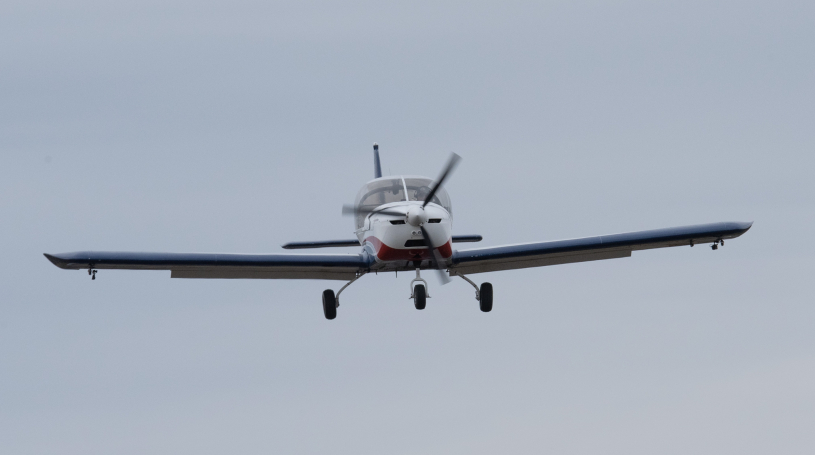What Does an Election Mean for General Aviation?
One of the challenges of contributing to a magazine like Flight is that, by the time these words reach your eyes, everything below may be out of date—and look downright quaint. As I type, the dust is still settling on what has been an unprecedented week in Ottawa, with the Finance Minister and Deputy Prime Minister resigning in spectacular fashion on the very morning she was scheduled to deliver a fall economic statement that afternoon.
Just a few hours ago, our usually photo-op and sound-bite-happy Prime Minister presided over the swearing-in of freshly minted cabinet ministers—while making no statement and avoiding reporters. By the time you read this, Justin Trudeau may or may not still be Prime Minister; we may or may not be in the midst of a Liberal Party leadership contest; and we may or may not be in the middle of an election campaign. Uncertainty abounds.
What, if anything, does this mean for General Aviation?
The bottom line for General Aviation—as with everything else under federal jurisdiction, is that we can expect governance to take a back seat to politics until after the next election.
We should not expect to see any major policy initiatives pass through the House of Commons—aviation-related or otherwise. One small bright spot in all of this is the Ministry of Transport. Now led by Anita Anand, who inherited the role following Montréal MP Pablo Rodriguez's move to provincial politics, the ministry has remained relatively stable. Anand has been relieved of her Treasury Board responsibilities, allowing her to focus more squarely on transportation.
The transport portfolio has seen a revolving door of ministers since former astronaut Marc Garneau left the post in 2021—suggesting the file has not been a priority for the Trudeau government. Anand brings some measure of continuity and may now be better positioned to address transportation issues. However, don’t expect undue attention to be paid to General Aviation in the weeks or months remaining before the next general election.
Instead, expect the Transport Minister’s efforts to focus on more voter-friendly matters—like charges for carry-on bags and other airline fees. An election is a sure thing in 2025—by October at the latest, but more likely earlier. If the polls are to be believed, Canada will likely see a new government led by the Conservative Party of Canada.
What does that mean for General Aviation, and what can COPA and the GA community do to prepare?
For organizations like COPA, a change in government represents an opportunity. There will be new ministers, new ministerial staff, and new Commons committee members. Some of them may be pilots and aviation enthusiasts, and they should be identified. Most, however, will be a blank slate. We must be ready to engage with these new faces and sharing our message about the importance of General Aviation and our concerns about issues such as regulatory mandates, fuel availability, and the loss of airports.
While polls suggest the Conservatives will gain more seats in urban ridings than in previous elections, their stronghold will likely remain in rural area; the very places where small airports without scheduled airline service are essential. These are the places where General Aviation not only flourishes but is often a lifeline. Combined with the Conservative Party’s general preference for lower taxes and fewer regulations, and a greater familiarity with life outside major urban centres, this should help our next government better understand the value of General Aviation to Canada and Canadians. The opportunity is there. It’s up to us to seize it!

